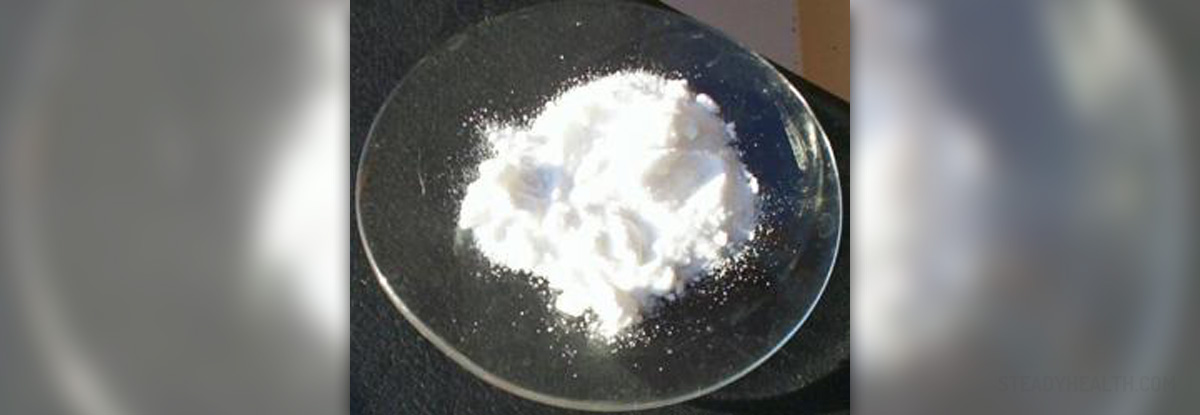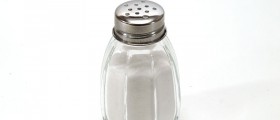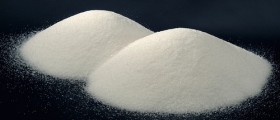
Salt is an essential part of our dishes, and a very important part of our diets. Salt compounds are 60 percent calcium and 40 percent sodium. It is obvious that salt is one of the main sources of sodium in a human nutrition. Although sodium is necessary in keeping the balance of the fluids in human body, contraction and relaxation of the muscles and transmission of nerve impulses, the amount of daily sodium intake should be controlled. Furthermore, sodium is a vital element for all living creatures and even for some herbal species. In animals, sodium ions are used in opposition to potassium ions. That allows the organism to form an electrostatic charge on the cell membranes, and therefore permits transmission of nerve impulses once the charge is permitted to dissipate by a moving wave of voltage change.
Low Sodium Intake
Hyponatremia is a disorder caused by the lack of sodium in the body. This disorder is a result of excessive vomiting and/or diarrhea. Symptoms of hyponatremia are: shock, low blood pressure, sometimes coma and even death. Still, this is a rare disorder which can be prevented by following the recommendations for daily sodium intake.
High Sodium Consumption
On the other side, high sodium intake can also cause hazardous, long term consequences. The most known consequences of high daily intakes of sodium are cardiovascular problems such as high blood pressure (also known as a hypertension), stroke, and many heart diseases. Besides the cardiovascular system, too much sodium on a daily basis can endanger the kidneys also, because they are responsible for the regulation of sodium in the human body. Excessive amounts of this element in the human body can induce a kidney failure.Recommendation for Sodium Intakes per a Day
Recommended amounts of sodium intake should be between 1500 mg to 2300 mg per a day. Even though, approximate average intake of this substance in the United States is 4000 mg to 5000 mg per a day. Of course, recommended sodium intake depends on the age. Recommendations are: for children who are 1 to 3 years old – 1000mg; for children who are 4 to 8 years old – 1200mg; for the age group from 9 to 50 years old – 1500mg; for the age group from 50 to70 years old – 1300mg; and for the age group over 70 years old – 1200mg.
How to Control Your Sodium Intake
The easiest way to control sodium intake is to take care, and if needed, change the eating habits. You should eat more fresh vegetables and fruits and avoid processed food and food with a high sodium concentration.

















Your thoughts on this
Loading...